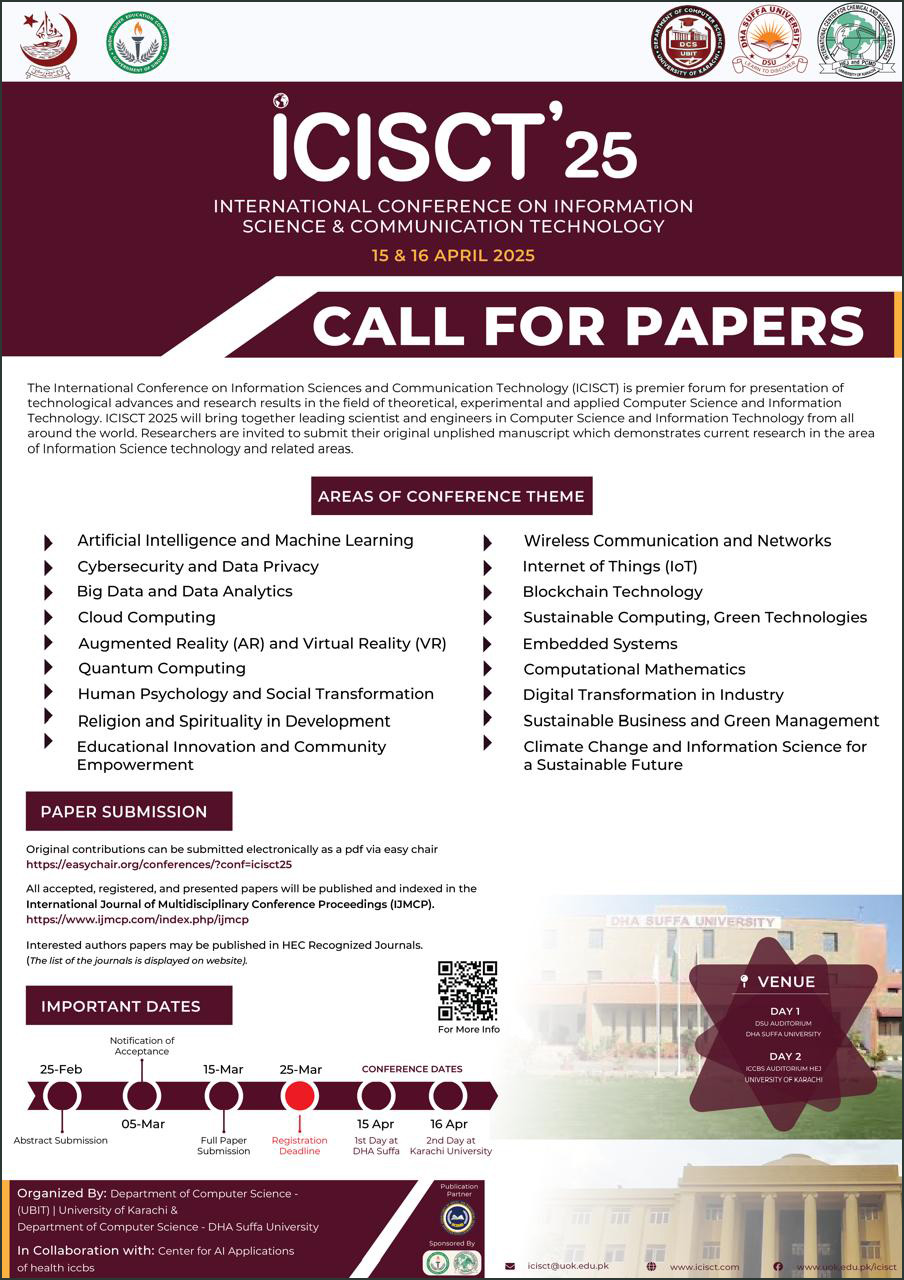Impact of Abusive Supervision on Employees Purchase Intention with Mediation Effect of Employees Silence and Purchase Goal Match
DOI:
https://doi.org/10.61503/cissmp.v3i2.167Keywords:
Abusive Supervision, Employees Purchase Intention, Employees Silence and Purchase Goal MatchAbstract
The objectives of current research are to examine the effect of abusive supervision on employees purchase intentions with the mediation effect of employee’s silence and purchase goal match. This study used a quantitative research design, with data collected from 300 employees at two public universities in Punjab, Pakistan: Thal University and Sargodha University. We used a probability sampling method and asked respondents to complete a survey about abusive supervision, employee silence, purchase goal matching, and purchase intention. The collected data was analyzed using structural equation modeling (SEM) to test the hypotheses. The findings show that abusive supervision increases employee silence and decreases the likelihood of employees making a purchase. Furthermore, employee silence modifies the relationship between abusive supervision and purchase intention, implying that inaction exacerbates the effects of abusive supervision on purchasing decisions. In addition, the results show that a high purchase goal match attenuates the positive effect of abusive supervision on purchase intentions by eroding the inimical relation between abusive supervision and purchase intention. The findings have managerial implications for developing measures on lessening the adverse outcomes of abusive supervision, improving communication, and ensuring that the goals of the organization and the employee are aligned to improve the experiences of employees.
Downloads
Downloads
Published
Issue
Section
License
Copyright (c) 2024 Aqsa Atta, Saima Malik Aulakh, Sumira Hashmi

This work is licensed under a Creative Commons Attribution-NonCommercial 4.0 International License.
Contemporary Issues in Social Sciences and Management Practices (CISSMP) licenses published works under a Creative Commons Attribution-NonCommercial (CC BY-NC) 4.0 license.









